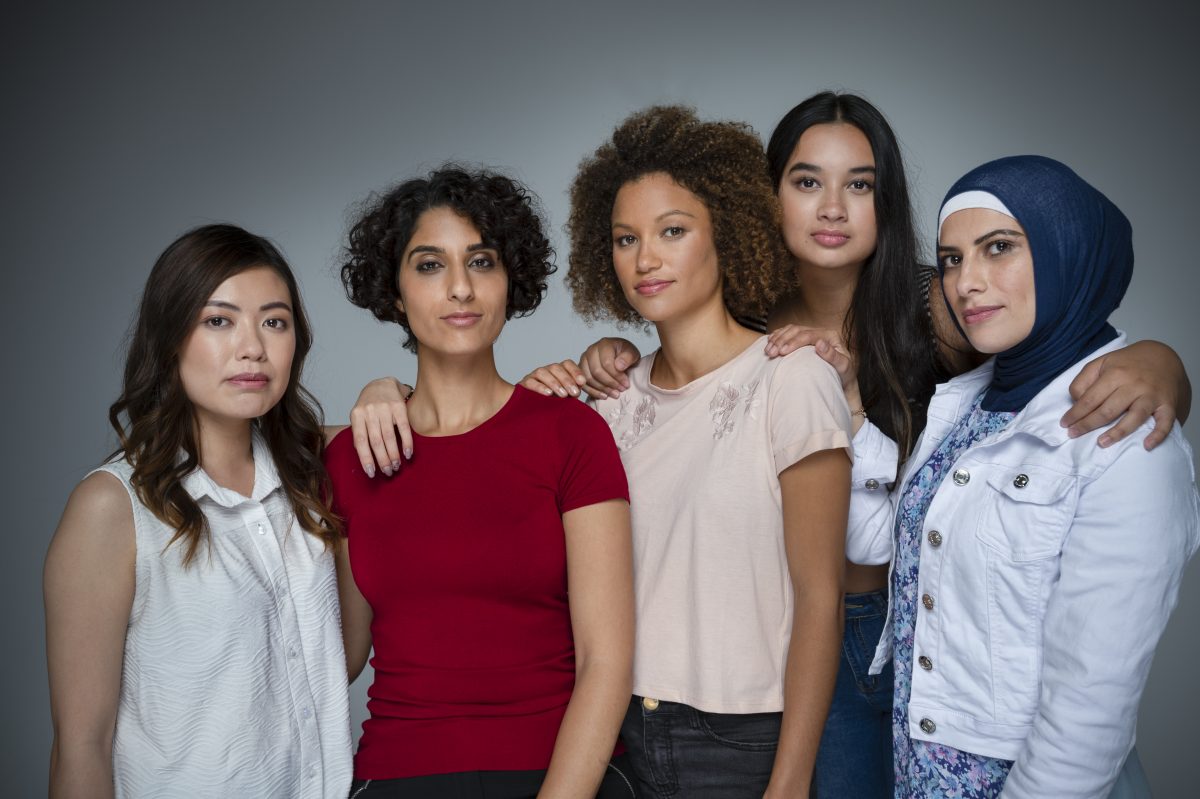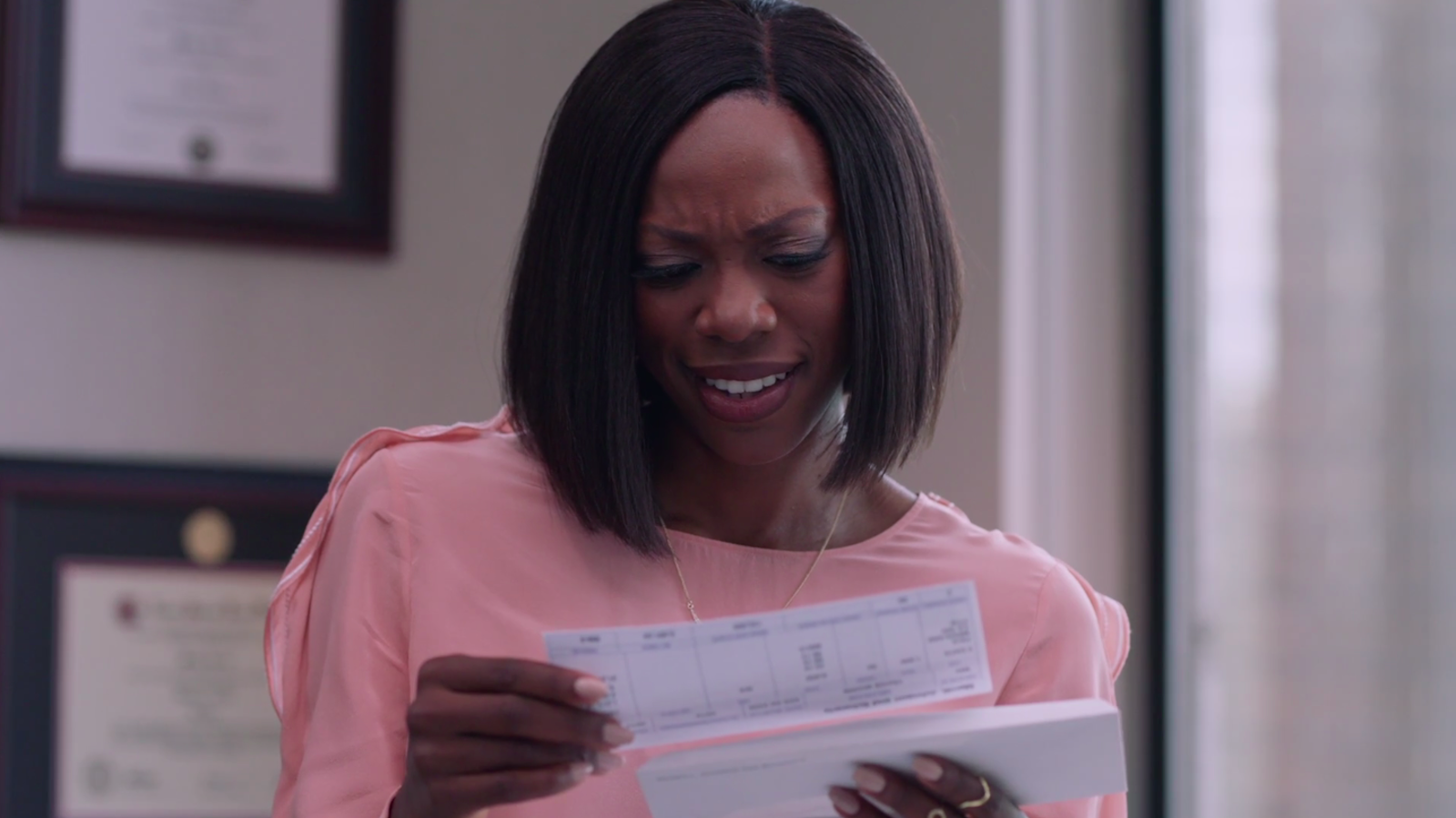Abortion rights, women of color, and LGBTQIA+ people are under attack. Pledge to join us in fighting for gender justice.
“I’m Speaking”: How Virginia Legislators Silenced Women of Color at Work.


As a new attorney and a Black woman, one of the first pieces of advice I received upon entering the profession was to never be afraid to use the all-important phrase, “I’m speaking,” courtesy of now Madam Vice President Kamala Harris, when my male colleagues decided that their voices and opinions should be heard over mine.
The significance of Vice President Kamala Harris’s words lies less in the words themselves, and more in the fact that, no matter their credentials or achievements, women still must go to great lengths to be heard at work.
From my first legal job, where I was the only Black person in my department, it became clear to me that I would often find myself confronting these types of microaggressions. This session, I watched white male legislators, Democrats and Republicans alike, interrupt, talk over, and outright dismiss, a Black woman legislator, Sen. Jennifer McClellan (D-Richmond), as she presented the Virginia Safe and Thriving Workplaces Act (S.B. 1360) during a legislative hearing. I was expecting debate that would be on the merits of the bill—we are always going to have people on different sides of the debate— but I was not expecting a hearing so riddled with racist and sexist undertones. From the very beginning, Sen. McClellan and the bill were bypassed by white male legislators overstepping the bounds of respect and professionalism.
The bill would have clarified what conduct constitutes unlawful “workplace harassment” and added crucial protections for survivors of harassment by extending these protections to employees of small businesses, who often do not meet the federal 15 or more employee employer-size threshold. But the significance of the bill and its goals were overshadowed by the voices of white men who showed a lack of respect for their colleague and survivors of workplace harassment. Legislators chuckled and made snide comments as Sen. McClellan attempted to explain why the female owner of a small business asking a male employee to move furniture for her was not unlawful harassment under the bill or federal law but threatening to fire someone if they did not have sex with their employer would be unlawful.
Virginia legislators had a chance to support survivors, but the message sent was that the voices and experiences of working women—particularly women of color—are second to the economic interests of the business. The loudest argument during the hearing was that the bill would place too much of a burden on small businesses; though, no evidence was presented in support of the notion that small businesses’ economic viability depends on the right to harass employees with legal impunity.
Instead, legislators seemed to advocate for smaller employers to get a free pass on harassment, just because they are a small business. But all businesses, regardless of size, should be committed to protecting their employees from unlawful harassment. Small businesses should not be exempt from doing what is right because of an unproven “cost” of preventing harassment.
Legislators dismissed the bill as unnecessary and costly, especially during the pandemic. But what about the women risking their lives on the frontlines of the COVID-19 pandemic? Women—disproportionately Black women—are 66% of front-line workers in Virginia, who are increasingly vulnerable to harassment, discrimination, exploitation, abuse, and retaliation at work. Those same women want to be safe and free from workplace abuses. Moreover, clarity on what constitutes unlawful harassment helps employers avoid liability and the lasting human impacts of harassment that translate into business costs, such as decreased productivity and diminished recruitment and retention.
Sadly, workplace harassment continues to be a widespread problem, affecting workers in every state and industry, and at every level of employment, and the COVID-19 pandemic has only exacerbated these issues. Harassment should not be ignored because of the economy—or any reason legislators seemed to prioritize over worker safety.
Whether it is Vice President Kamala Harris or Sen. McClellan or the essential worker showing up each day in the face of harassment by her boss, countless women across the country are fighting to be heard in the workplace. And, in some cases, women do not speak up at all, because of the risk of retaliation associated with reporting, and because they believe they will not be taken seriously. Unfortunately, the behavior of these legislators only solidified the negative messages survivors receive regularly. Though Virginia missed its opportunity this session, it is even clearer now that this type of legislation is necessary in our continued fight for gender justice. My hope is that Virginia legislators learn from the mistakes of this session and prioritize the voices and experiences of workers and survivors, and of their own Black woman colleagues, in the future.




